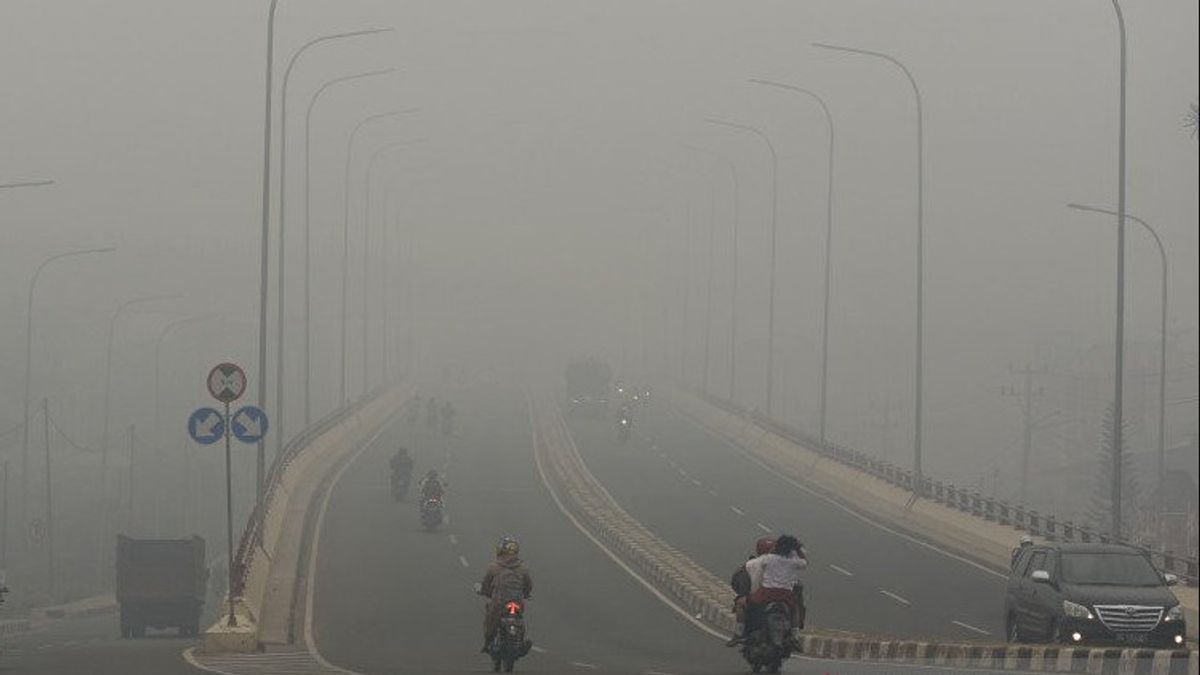JAKARTA - President Joko Widodo is said to have just passed a Presidential Regulation (Perpres) on the Economic Value of Carbon (NEK).
This makes Indonesia the first mover for market-based climate change mitigation at the global level towards a sustainable economic recovery. This is a press release from the Ministry of Finance (Kemenkeu) on Tuesday, February 11.
Head of the Fiscal Policy Agency of the Ministry of Finance Febrio Kacaribu said climate change will be a global challenge that needs to be tackled together in addition to the current COVID-19 pandemic.
According to him, Indonesia has a fairly high ambition as a developing country, namely reducing greenhouse gas emissions by 29 percent with its own capabilities and 41 percent with international support by 2030.
“This is evidenced by Indonesia's decision to ratify the Paris Agreement, which includes a Nationally Determined Contribution (NDC) commitment. This commitment was later confirmed to be part of the 2020-2024 national development planning document and made climate change management one of the national priority agendas," he said.
As it is known that to support the achievement of the NDC target, the government has implemented various fiscal policies, namely the provision of tax incentives, allocation of climate change funding at the ministry/institutional level, Transfers to Regions and Village Funds (TKDD).
Then, financing innovations through the Environmental Fund Management Agency (BPDLH), Sustainable Development Goals (SDG) Indonesia One and the Green Climate Fund (GCF).
"The latest policy innovation taken is the implementation of a carbon tax through the stipulation of the Law on the Harmonization of Tax Regulations (UU HPP)," he said.
It is said that the implementation has made Indonesia equal with developed countries that have implemented this carbon tax policy, including the UK, Japan and Singapore. In fact, Indonesia is claimed to be one of the few countries, even the largest in developing countries, which will implement it first.
“The imposition of a carbon tax remains consistent with the momentum of economic recovery after the COVID-19 pandemic. The imposition of a carbon tax is carried out in stages by taking into account the development of the carbon market, the achievement of the NDC target, sector readiness, and economic conditions," concluded Febrio.
The English, Chinese, Japanese, Arabic, and French versions are automatically generated by the AI. So there may still be inaccuracies in translating, please always see Indonesian as our main language. (system supported by DigitalSiber.id)













